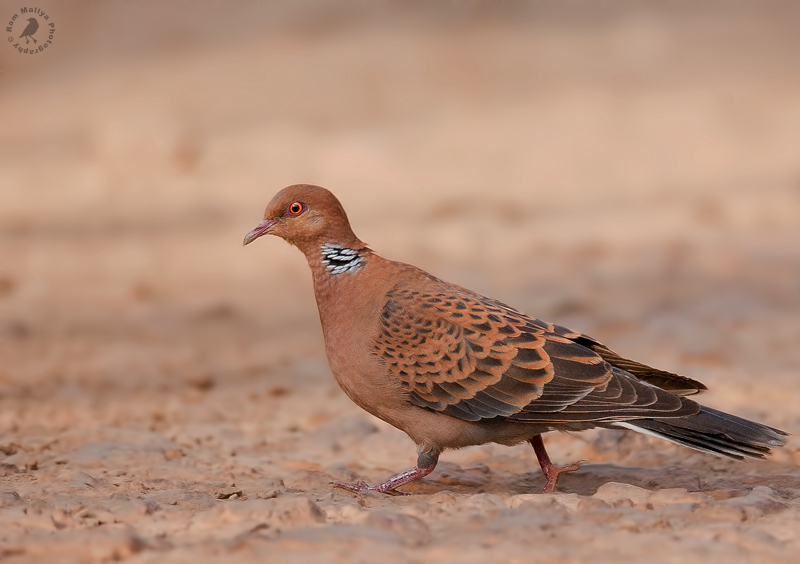FWP:
SETS == WORDPLAY
This is the kind of verse that makes me especially grateful for Faruqi's commentary, which I've translated here in its entirety. The verse shows off Ghalib's power of extravagant wordplay, and Faruqi is especially skilled in recognizing it all, and then laying it all out analytically. It only remains to mention that the Ring-dove is not only dust-colored, but is also, in the ghazal world, considered to be a lover of the cypress tree.
Still, other than major wordplay, there's nothing much going on in this verse, as far as I can tell. It's not the kind of verse (of which there are so many) in which wordplay and meaning-play form an irresistibly enticing network that goes on ramifying forever. And the wordplay itself feels a bit awkward and forced: it's easier even to imagine every dust-grain having a tiny heart tied onto it (as in the equally extravagant {29,1}) than to imagine the dust as collecting itself into handfuls, then the handfuls all forming themselves into Ring-doves, then the Ring-doves all starting to lament. Where's the real 'objective correlative' for all that?
Ring-doves seem to bring out the abstraction in Ghalib: for an even more over-the-top example, see {230,5}.
Note for grammar fans: the ordering of the words in kaf-e
har ḳhāk , though Hamid complains about it (96)-- and I can certainly sympathize-- is unusual, but apparently not contrary to the rules of iẓāfat usage. For another such
instance, see {214,6}, with its rag-e
har ḳhār . But the present verse seems more egregious: one can easily visualize 'every thorn' and even endow it with a vein, but how does one visualize 'every dust', much less endow it with a 'hand'? However, the word order does have the advantage of letting the second line evoke the idiomatic expression 'to wring the hands of regret' [kaf-e afsos malnā] (for an example, see {145,4}).

Nazm:
Every handful of dust [har kaf-e ḳhāk] would become a Ring-dove, for the reason that the Ring-dove is ash-colored [ḳhākistarī]. (126)
== Nazm page 126